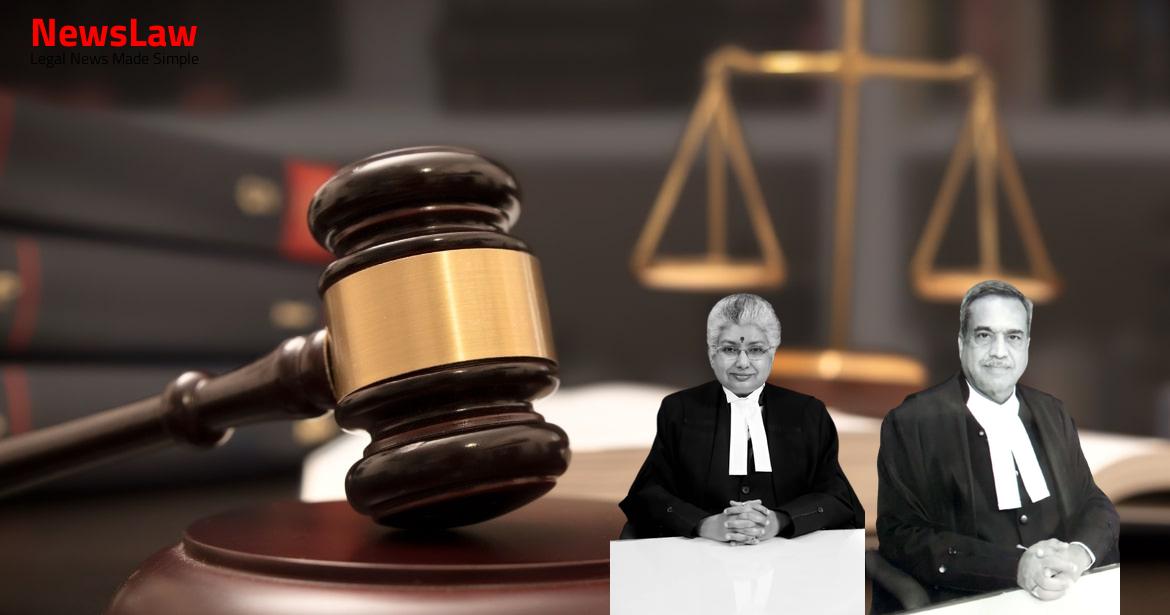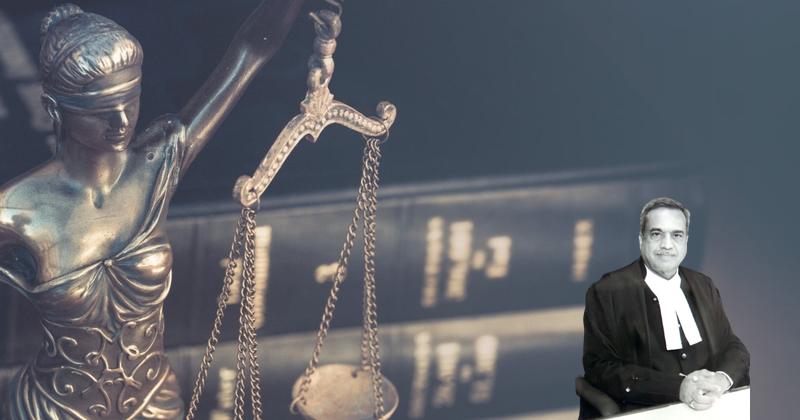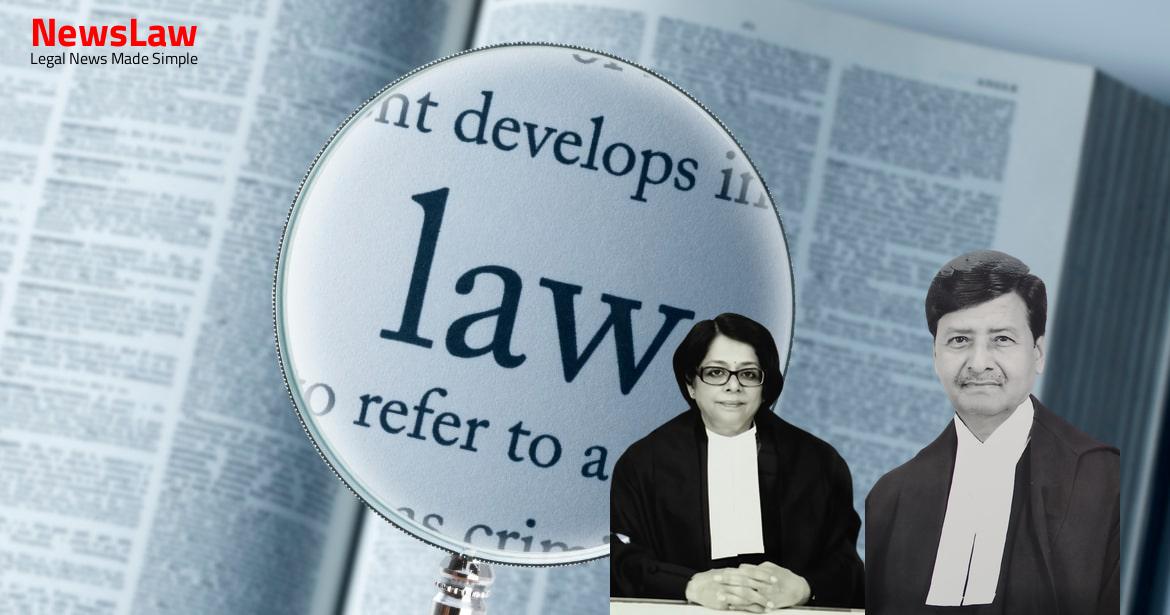Delve into a legal case where the court examined the issue of regularization of a deceased employee’s services. The court emphasized the significance of seniority and vacancy availability in the regularization process, highlighting that the deceased employee was not entitled to regularization at the time of his death. This case underscores the importance of adhering to procedural requirements in employment matters, ultimately leading to the overturning of the High Court’s decision. Stay tuned for a detailed look at the court’s legal analysis and reasoning.
Facts
- State appealed against the judgement directing regularization of deceased husband’s services and payment of family pension.
- Division Bench of the High Court dismissed the appeal and upheld the Single Judge’s decision.
- The State was aggrieved and dissatisfied with the High Court’s decision and hence filed the present appeal.
- Respondent filed a writ petition claiming regularization of late husband’s services for pensionary benefits.
- Deceased husband was a work-charge employee who died in harness in 2005.
- Writ petition was filed in 2017, twelve years after the death of the deceased employee.
- Single Judge allowed the writ petition, directing the State to regularize services from one day prior to demise.
Also Read: Challenging Legal Presumptions in Negotiable Instrument Cases
Arguments
- That during his lifetime, the deceased employee never claimed regularization.
- The widow of the deceased employee claimed regularization twelve years after his death.
- The deceased employee was not entitled to regularization at the time of his death as he was low in seniority and his turn had not come.
- If the services of the work-charge employee were required to be regularized, it was to be done based on seniority and when vacancies arise.
- The regularization of work-charge employees who were regularized happened much after the death of the deceased employee and based on seniority.
- At the time of the deceased employee’s death, he was low in the seniority list and his services were not required to be regularized as his turn had not come.
- The High Court’s direction to regularize the appellant’s services one day prior to his death was deemed to be a grave error.
- It is argued that the appellant’s services should not have been directed to be regularized at such a belated stage.
- The appellant has prayed for the appeal to be allowed based on the submissions made.
Also Read: Legal Analysis of Admission Irregularities in Educational Institutions
Analysis
- The deceased employee never claimed regularization during his lifetime.
- Regularization of work-charge employees was to be based on seniority and vacancy availability.
- The deceased employee was not eligible for regularization at the time of his death.
- The High Court erroneously directed the State to regularize the deceased employee’s services just before his death.
- The judgment of the High Court in this regard was considered a grave error.
- The impugned judgment and order passed by the High Court is unsustainable.
- It deserves to be quashed and set aside.
Also Read: Legal Analysis: Driver Appointment Dispute
Decision
- Appeal allowed due to reasons stated.
- Original writ petition by respondent-wife dismissed.
- Impugned judgment and order by Division Bench and Single Judge quashed and set aside.
Case Title: THE STATE OF NAGALAND Vs. NISHEVI ACHUMI (2022 INSC 695)
Case Number: C.A. No.-004223-004223 / 2022



